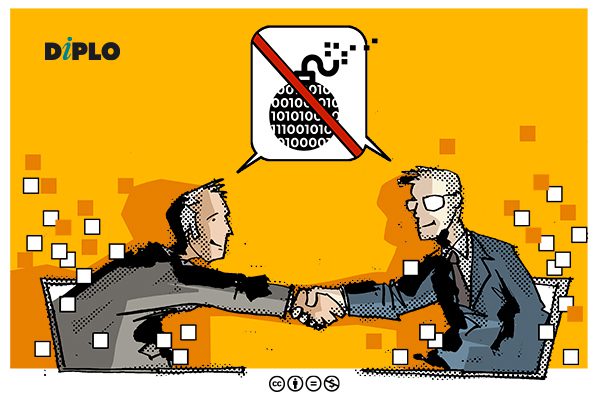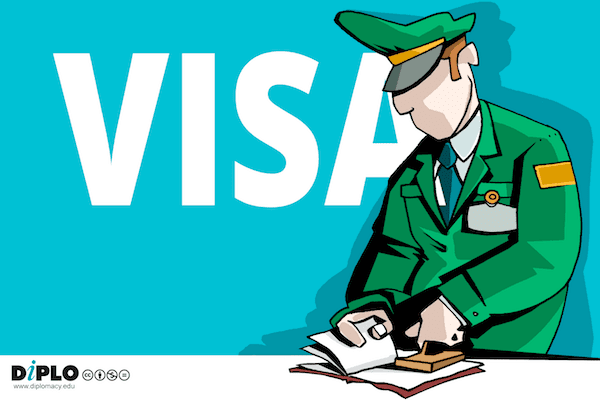Foreign policy
Foreign policy refers to a government’s strategy in dealing with other nations and international actors to safeguard its national interests, promote its values, and achieve diplomatic goals. It is a crucial aspect of diplomacy and international relations, shaping a country’s interactions on the global stage. Foreign policy decisions can encompass a wide range of areas, including:
Diplomatic relations: Establishing and maintaining diplomatic relations with other countries through embassies, consulates, and international organizations.
Trade and economic relations: Negotiating trade agreements, promoting exports, attracting foreign investment, and addressing economic issues with other nations.
Security and defense: Formulating policies related to national security, military alliances, arms control, and peacekeeping operations.
Development and humanitarian assistance: Providing aid, development assistance, and humanitarian support to countries in need, often in collaboration with international organizations.
Environmental and global issues: Addressing global challenges such as climate change, pandemics, terrorism, and human rights violations through international cooperation and multilateral agreements.
Foreign policy is influenced by a country’s historical background, cultural values, economic interests, security concerns, and political ideology. It involves a complex interplay of diplomacy, negotiation, and strategic decision-making to advance a nation’s interests and values in the international arena.
What are the similarities and differences between diplomacy and foreign policy?
Diplomacy and foreign policy often overlap in their usage and application. Henry Kissinger used the term ‘diplomacy’ interchangeably with ‘foreign policy’ and ‘international relations’, while Hans Morgenthau describes diplomacy as the creation and enactment of foreign policy. This seemingly covers all aspects of foreign policy under the umbrella of diplomacy.
However, a more nuanced understanding differentiates foreign policy – the formulation of international objectives – from diplomacy, the means through which these objectives are achieved. Jacques Chazelle underscores this distinction, stating, ‘Diplomacy is the set of methods and activities a State employs in service of its foreign policy’.
But is it too limiting to frame diplomacy as simply the execution arm of foreign policy? Peter Marshall argues that the dichotomy is an oversimplification and that diplomacy tactics can significantly shape foreign policy goals. José Calvet de Magalhães echoes this, warning against a definition that reduces diplomacy to the single, albeit crucial, task of foreign policy implementation.
Click to show page navigation!










